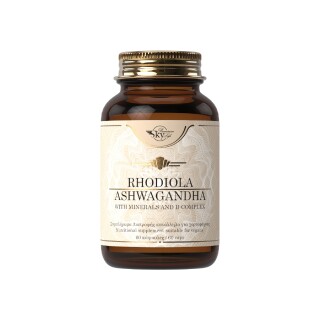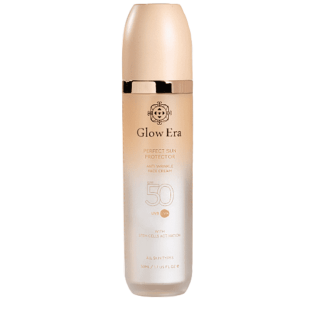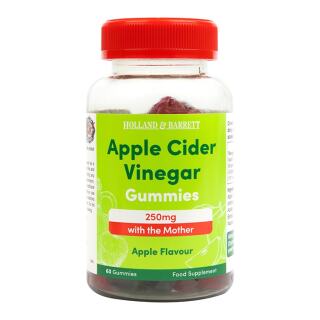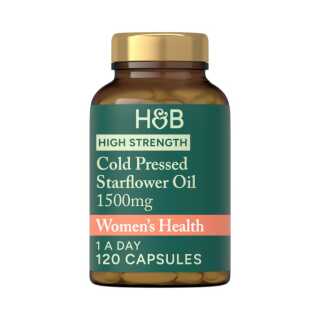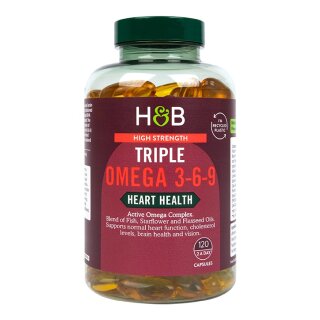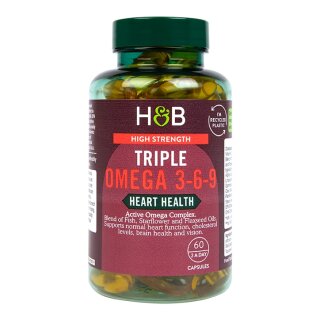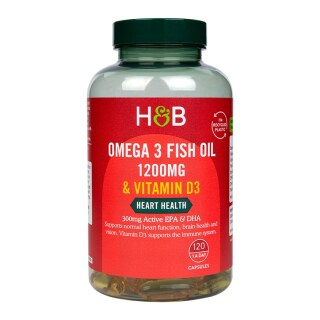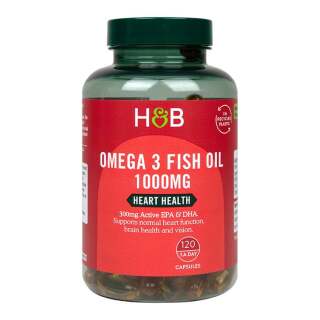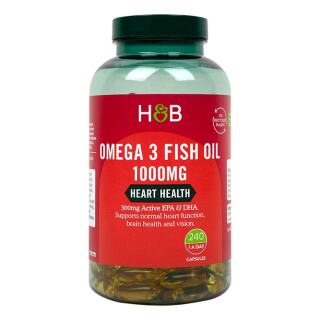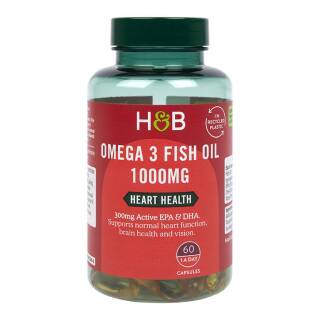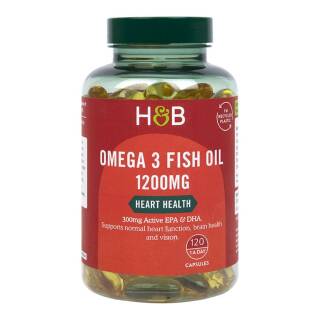What are the Omega-3 fatty acids?
First of all, before we move on to the definition of Omega-3 fatty acids, let's look at what fats are and whether we really need them in our diet. Most people, when they hear the word "fat", they feel fear, anxiety and stress, and there is a belief that we don't need fat in our diet as it does not provide us any health benefits.
Fat is one of the three macronutrients in our diet, which means that not only is it essential, but along with protein and carbohydrates it is one of the ingredients we need the most in our daily diet.
Are all fat sources the same?
Not, at all. Fats are divided into two major categories, saturated and unsaturated fats. Saturated fat is found in meat, dairy products, butter and ready-to-eat snacks, while unsaturated fats are found in abundance in oily fish, nuts, seeds and their spreads, olives, avocados and the 'golden liquid' of the Mediterranean diet, olive oil. Our meals should mostly consist of unsaturated and less saturated fat, whose frequent consumption has been linked to increased cardiovascular risk and premature death4.
Unsaturated fat is also divided into two main categories, monounsaturated and polyunsaturated fats, in which omega-3 polyunsaturated fatty acids, are included. Omega-3 fatty acids are the following:
- ALA (or A-linolenic acid)
- EPA (or Eicosapentaenoic acid).
- DHA (or Docosahexaenoic acid)
..and are considered necessary, as the body is not able to produce them on its own. Therefore, we need to obtain them from our diet, through nutritionally-rich sources or through dietary supplements.
Where can I get Omega-3 from?
The richest nutritional sources of Omega-3 fatty acids are algae and oily fish such as sea bream, salmon, mackerel, sardines & herring, which are rich in EPA & DHA and are the most active forms of Omega-3s. Additionally, plant sources of Omega-3s such as soya and soya products, canola oil, hemp seeds, flaxseed, chia seeds, and walnuts contain important amounts of ALA, which will be used by the body to produce the active Omega-3s (EPA & DHA). However, endogenous production of omega-3 from ALA is usually not sufficient, and we need to consume oily fish at least twice a week, as recommended by the National Dietary Guidelines.
Functions of Omega-3 fatty acids
A plethora of scientific studies have investigated the impact of omega-3 fatty acids on our overall health1,2,5, which seem to play a key role in many body functions, including cardiovascular function2,7, normal vision1,6 and healthy brain function1,5,6. In regards to the heart and blood vessel function, Omega-3s provide their valuable assistance2, through:
- Their powerful anti-inflammatory action.
- The reduction of increased triglyceride levels.
- Reducing blood pressure.
- Improved arterial and endothelial function
- Reduced platelet aggregation, which essentially gives them strong antithrombotic properties.
The sufficiency of omega-3 fatty acids seems to act in favor of the fluidity of the cell membranes of the human body, which allows nutrients to pass more easily into the cell, and thus increasing its lifespan. In addition, the grey adipose tissue of the brain is made up of 40% DHA1, which is actively involved in the communication of nerve signals in the brain. Furthermore, the sufficiency of omega-3 fats seems to contribute to greater saturation of blood with hemoglobin, improving blood flow1. For this reason, omega-3 fatty acids play a key role in improving learning abilities1,5 and maintaining healthy memory and concentration1, while maintaining neuronal health and assisting against nerve degeneration1,5.
It is plausible, therefore, to comprehend the strong neuroprotective effect of omega-3 fatty acids. As a recent study confirms, low levels of omega-3 fatty acids have been associated with an increased risk of5:
- Depression
- Bipolar disorder
- Schizophrenia
- Dementia
- Attention-deficit/hyperactivity disorder (ADHD)
Should I take an Omega 3 supplement?
The recommendation of Omega-3 fatty acid intake is 250mg EPA & DHA daily2. However, recent data show that a large proportion of the Greek population seems to have difficulty following the Mediterranean dietary pattern, in which fish consumption is a primary feature, and, especially, in the long term3. From intervention studies, it appears that supplementation with omega-3 fatty acids has demonstrated multiple health benefits1,2,6,7, especially in people who already had low levels of omega-3 fatty acids at baseline2. Always keeping in mind that the principles of a balanced diet are and always will be the foundation for nutrient adequacy, including omega-3 fatty acids, in some cases, omega-3 supplementation is key to correcting low EPA & DHA levels and can have a massive impact on improving quality of life1,2,7. More specifically, individuals who will likely benefit the most from Omega-3 supplementation are:
- Older people.
- People with fish and seafood allergies.
- Supplementation with Omega-3 plant-based supplements is recommended
- People who do not consume fish.
- People whose work requires increased attention and concentration.
- Vegetarians / Vegans.
- People with a history of cardiovascular disease.
- People with elevated cholesterol and triglyceride levels.
- People with elevated blood pressure and/or a history of hypertension.
- People with a history of neurodegenerative diseases or psychiatric disease such as dementia, depression or Alzheimer's disease.
- Pregnancy (especially in the first 18 weeks of pregnancy, always under the supervision of a gynaecologist).
- Athletes
Finally, it is worth mentioning that omega-3 fatty acid supplements are a safe choice, as according to the existing literature, doses up to 2g of EPA & DHA from supplementation are well tolerated by the human body1. Omega-3 fatty acid intake is a cornerstone for the proper functioning of our body and can make a difference to both our physical and mental well-being. And let's remind ourselves that physical and mental health will always interact with each other!
Scientific references
1Dighriri, I. M., Alsubaie, A. M., Hakami, F. M., Hamithi, D. M., Alshekh, M. M., Khobrani, F. A., ... & Tawhari, M. (2022). Effects of omega-3 polyunsaturated fatty acids on brain functions: a systematic review. Cureus, 14(10).
2Elagizi, A., Lavie, C. J., O’keefe, E., Marshall, K., O’keefe, J. H., & Milani, R. V. (2021). An update on omega-3 polyunsaturated fatty acids and cardiovascular health. Nutrients, 13(1), 204.
3Georgoulis, M., Georgousopoulou, E. N., Chrysohoou, C., Pitsavos, C., & Panagiotakos, D. B. (2022). Longitudinal trends, determinants, and Cardiometabolic impact of adherence to the Mediterranean diet among Greek adults. Foods, 11(16), 2389.
4Kris-Etherton, P. M., Petersen, K., & Van Horn, L. (2018). Convincing evidence supports reducing saturated fat to decrease cardiovascular disease risk. BMJ Nutrition, Prevention & Health, 1(1), 23.
5Lange, K. W. (2020). Omega-3 fatty acids and mental health. Global Health Journal, 4(1), 18-30.
6Stough, C., Downey, L., Silber, B., Lloyd, J., Kure, C., Wesnes, K., & Camfield, D. (2012). The effects of 90-day supplementation with the omega-3 essential fatty acid docosahexaenoic acid (DHA) on cognitive function and visual acuity in a healthy aging population. Neurobiology of aging, 33(4), 824-e1.
7Wang, Q., Liang, X., Wang, L., Lu, X., Huang, J., Cao, J., ... & Gu, D. (2012). Effect of omega-3 fatty acids supplementation on endothelial function: a meta-analysis of randomized controlled trials. Atherosclerosis, 221(2), 536-54.


